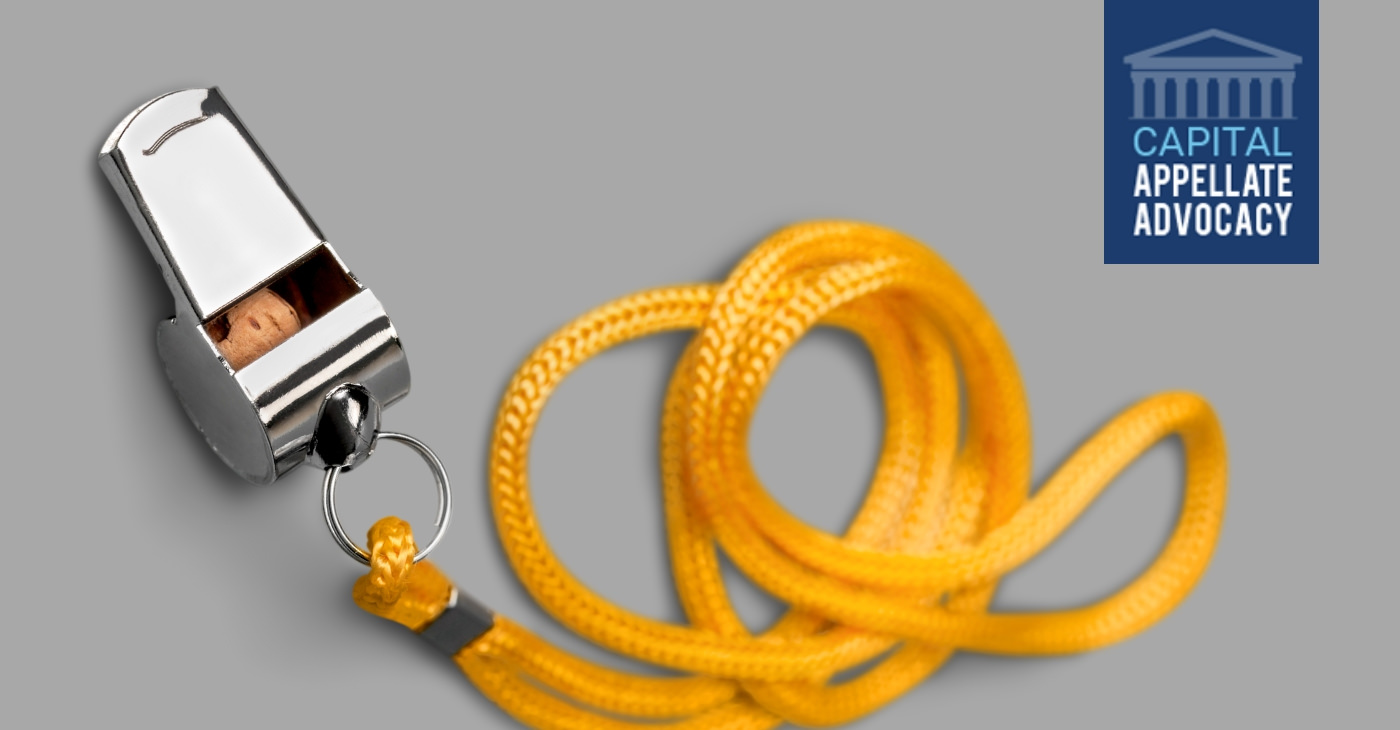According to a year-end press release, the U.S. Department of Justice “obtained more than $2.8 billion in settlements and judgments from civil cases involving fraud and false claims against the government in the fiscal year ending Sept. 30, 2018.”
Significantly, $2.1 billion of that $2.8 billion (i.e., about 75%) are attributable to suits filed by whistleblower “relators” under the federal False Claims Act qui tam provisions. Regardless of whether the United States, through the Justice Department, decides to intervene and take over pursuit of a qui tam suit, the False Claims Act rewards relators—and by extension, their attorneys—with a hefty percentage of settlement or judgment amounts. According to the latest Justice Department statistics, more than $300 million in such awards were paid by the United States to relators during 2018. Since 1987, False Claims Act bounty-hunter awards totaling more than $7 billion have been paid to relators.
It’s not surprising that the filing of False Claims Act qui tam suits has become a booming industry. Last year, 645 qui tam suits were filed. Since 1987, the total exceeds 12,600. Many qui tam suits are settled prior to trial despite unproven, and sometimes highly speculative if not frivolous, allegations of health care or procurement fraud. Opportunistic members of the “qui tam bar” continue to try to push the envelope on False Claims Act theories of recovery. See Text Trumps Policy in Supreme Court False Claims Act “Implied Certification” Decision. And as the Supreme Court will learn this term in Cochise Consultancy, Inc. and Parsons Corporation v. United States ex rel. Hunt, No. 18-315, relators also are trying to game qui tam procedural requirements. In Hunt, the issue is whether an extended, 10-year limitations period based on when the government acquires knowledge of alleged fraud – rather than the ordinary 6-year limitations period – can apply to the filing of qui tam suits where the United States, as is true in the vast majority of cases, declines to intervene following an assessment of a relator’s fraud allegations.

